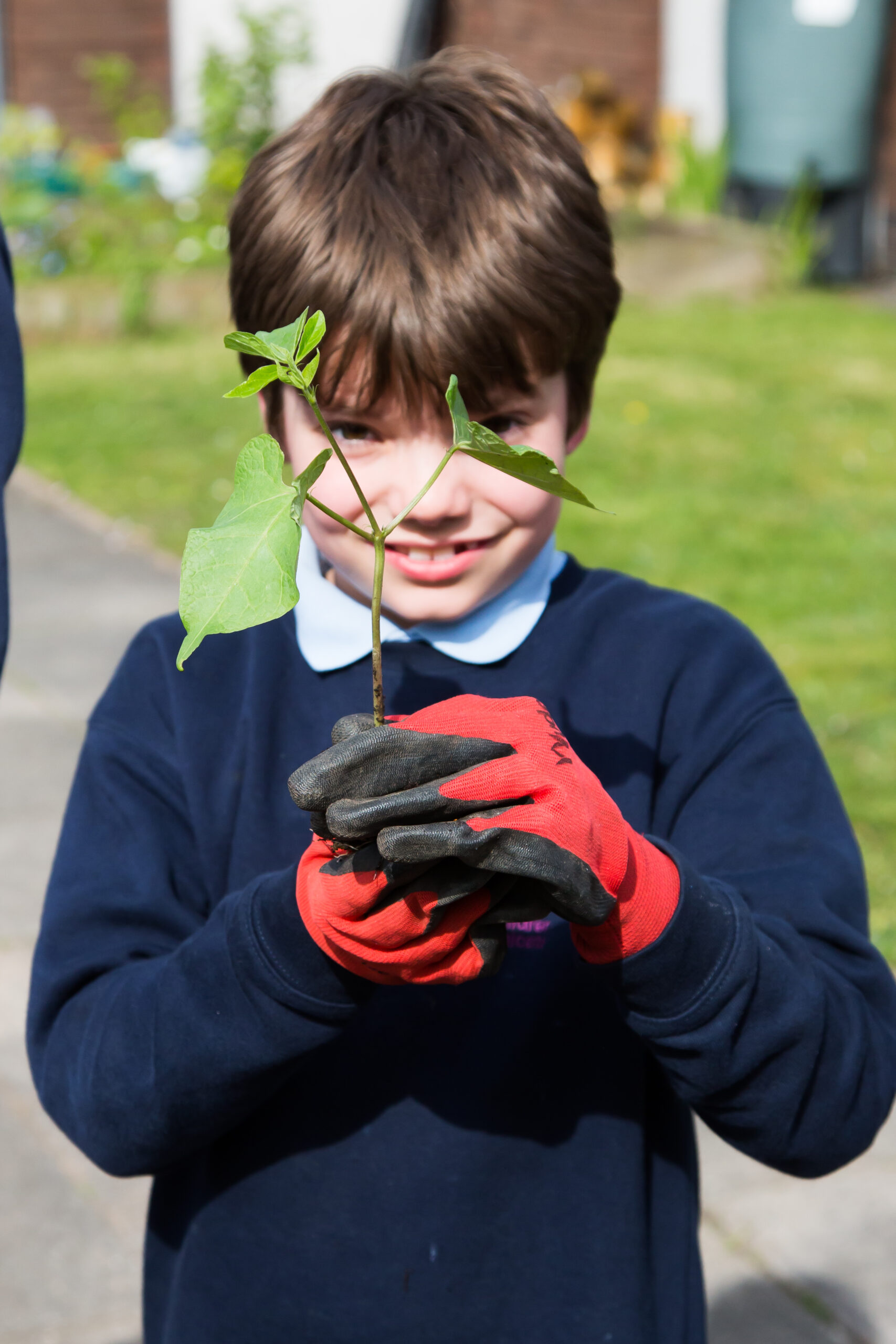- Isos Partnership News
- Posts
- Isos Partnership News - Spring 2025
Isos Partnership News - Spring 2025
Welcome to the Spring 2025 edition of the Isos Partnership newsletter. We’re delighted to tell you about the work we’ve been doing in recent months, and to share some of the things we have in the pipeline.
If you want to chat to us about anything featured in this edition, or to engage with the discussions we’re having as a team, we’d love to hear from you.
Reports, blogs and announcements
We submitted written evidence to the Education Select Committee’s inquiry on solving the SEND crisis. The inquiry has prompted an ‘unprecedented’ number of evidence submissions, many from individuals and organisations we’ve been working closely with as part of our ongoing programme of research on the SEND system.
The government’s Expert Advisory Group for Inclusion has also launched a call for evidence to feed into its Inclusion in Practice initiative, and is inviting submissions from teachers, school leaders, and anyone involved in providing inclusive education in mainstream schools. We are delighted to have come on board as one of Inclusion in Practice’s engagement partners.
Jodie contributed to the Starting Reception definition, which has been created to help parents, caregivers, and early years professionals get children ready to start school:
We’ve just published four new What Works in SEND case studies with the Council for Disabled Children. The case studies explore co-production in Haringey and Dorset, youth voice in Surrey, and support for parents of children waiting for a neurodevelopmental assessment in West London.
As our involvement in the two-year pilot of LocalED 2025 draws to a close, we’ve been distilling the learning from our work with local leaders to test new locality models for the English school system. Ben has shared his reflections on working with Coventry, Rochdale, Wakefield and Wiltshire to explore and test new approaches to understanding and addressing vulnerability. Meanwhile Simon has summarised his work with Sheffield, Ealing, Surrey and Milton Keynes to trial new models of accountability, outlining the benefits of local partnerships.
You can see all of our recent publications here.
Talking about our work
Ben spoke at the IncludEd annual conference in January to share the findings of our research on reforming the SEND system, and contributed to a ‘fireside chat’ on the evolving funding landscape within SEND at the National Fair Funding Conference. He also spoke at the Contact and NNPCF annual conference in February, focusing on how we can build consensus and trust around SEND reform:
Sam presented at an NHS England SEND Best Practice event in February, to share how we are capturing examples of effective practice in local SEND systems as part of the What Works in SEND programme.
The Local Government Association (LGA) hosted LocalED 2025’s conference on locality working in education in January. For the last two years Ben, Simon and Simon have been supporting nine local areas to pilot locality models across England - focusing on support for vulnerable young people, the role of Combined Authorities in school improvement, and new models of accountability. It was wonderful to see the local area teams share the learning from their pilots and discuss their future steps:
What we’re working on
Camden Learning’s School Reports are now live. Simon Rea worked alongside Mime consulting to support the development of this locally-grown approach to ‘report cards’ which are designed to reflect the breadth of education provided by schools, beyond headline performance measures and Ofsted judgments.
Adam, Simon Rea and Nat have organised learning discussions with six local education partnerships – Tower Hamlets Education Partnership, Portsmouth Education Partnership, Hounslow Education Partnership, Camden Learning, Ealing Learning Partnership and Barking & Dagenham for a local area considering its own plans for a school-led partnership.
Ben and Sam are conducting workshops with young people with additional needs as part of the follow-up to our report on the future of the SEND system, which was published last summer. Alongside discussions with young people in Rotherham and Essex, Sam ran a workshop with pupils at Dawn House School in February:
Nat and Sam delivered a workshop with SENCOs in Portsmouth in March, as part of our work to support Portsmouth Education Partnership to develop a self-assessment and peer review model for inclusive practice for pupils with SEND in the city’s settings.
We kicked off the fieldwork phase of the Funding Futures project, led by Collective Futures in collaboration with Mime Consulting and EPI. We are conducting in-depth case studies in local areas based on their outcomes for disadvantaged children at the end of Reception. Our aim is to understand the local funding conditions and decisions that have allowed some local areas to support strong outcomes at the end of the Foundation Stage, against the odds. This phase of the work builds on EPI’s recent report on early years disadvantage gaps in England.
The LGA commissioned us to convene a roundtable discussion with experts in the SEND system to establish the parameters of a ‘National Framework’ which sets out the vision, values and expectations of a reformed system. The Framework was one of the key recommendations in our report last summer on the future of the SEND system in England.
Simon Day has been working with Welsh Government and Professor Dylan Jones over the last 18 months to review the roles and responsibilities of education partners in school improvement. Since the review was published, he has been supporting conversations with local authorities and school leaders to further develop local models of collaborative improvement and collective responsibility.
On the horizon
Sam, Adam and Jodie are delighted to be returning to Jersey in the next few months to conduct research with parents and carers on their views of, and needs from, the early childhood education and care system on the island. The research will shape ongoing policy development in Jersey as part of the Early Years Common Strategic Policy, and builds on earlier work we did for the Jersey government on the future direction of early years provision and policy.
Jodie is kicking off new research on SEND in the early years for the LGA, which will look at needs in the early years, how the system is currently responding to them, and the challenges which prevent all children and their families getting the support they need. This is a timely piece of research: while levels and complexity of need in early childhood are creating new pressures on early education and childcare services, the extension of funded entitlements and the government's renewed focus on improving early outcomes creates a moment of opportunity to build more effective systems of support for the youngest children and their families. If you lead a nursery, deliver early years provision in a school or are a childminder we'd like to hear from you. Please share the link in your networks!
We’re also working with the LGA to build on our previous research on home-to-school transport. We’ll be updating our analysis of demand and expenditure and developing future policy options through a workshop with experts in the system.
Natalie will be speaking at the LGA annual conference in July on the topic of supporting children’s services through reorganisation, drawing on our existing research on the key building blocks that ensure high quality services for children, young people and families in councils that have undertaken large-scale structural change of children’s services. This might be of particular interest for councils going through local government reorganisation, as well as anyone interested in how to support children’s services through broader change programmes.
Get in touch
If you want to follow up on anything we’ve covered in this edition of the newsletter, or discuss some ideas we might be able to help with, we’d love to hear from you. Or feel free to reach out to an individual member of the team.


